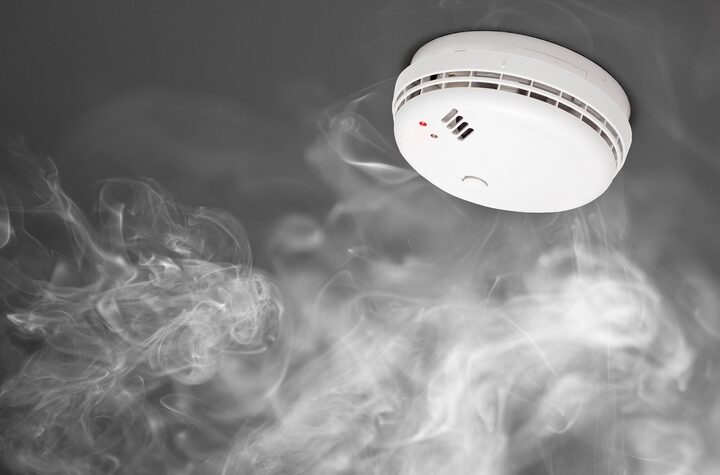Every home needs smoke detectors. These devices warn you when there’s smoke in your house, giving you precious time to get out. While they might seem simple, smoke detectors come in different types with different features. Knowing what to look for helps you pick the right ones for your home and makes sure your family has the protection they need.
Here are the different characteristics of a smoke detector:
Characteristic: Smoke Detection Technology
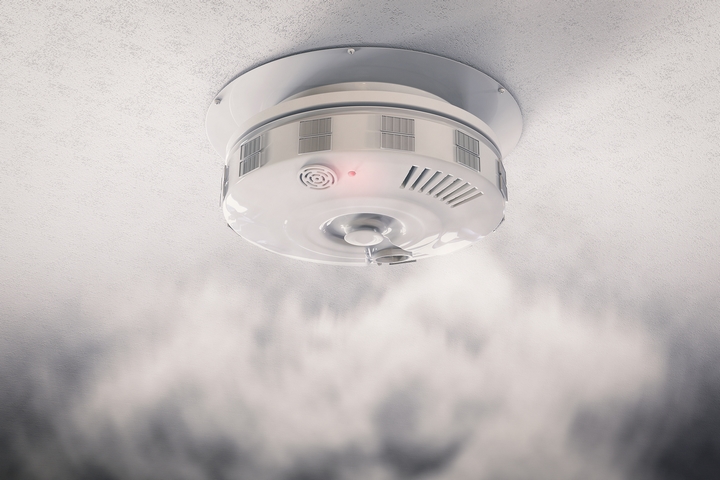
Smoke detectors work differently to spot smoke, but there are two main types you’ll find in stores: ionization and photoelectric detectors.
Ionization detectors are really good at catching fast fires. They work by using a tiny bit of radioactive material to create an electrical current. When smoke gets in, it breaks this current and sets off the alarm. These detectors are great at spotting small smoke particles you might not even see yet.
Photoelectric detectors are better at finding slow, smoky fires. They use a light beam and a sensor. The alarm goes off when smoke gets in the way of the light. Many newer detectors use both ways of sensing smoke, giving you the best protection.
Characteristic: Alarm Sensitivity
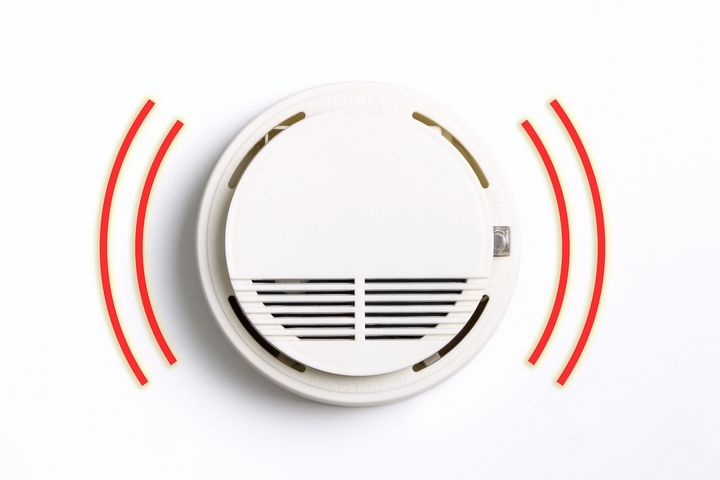
It’s really important to get the right sensitivity in a smoke detector. You want it to catch real smoke quickly, but you don’t want it to go off every time you cook dinner.
The newer smoke detectors are pretty clever. Some let you change their sensitivity depending on where you put them. For example, you might want them less jumpy in the kitchen so they don’t go off while you’re cooking but more alert in places like your bedrooms and hallways.
Smart detectors are even fancier. They can tell the difference between actual smoke from a fire and stuff like steam from your shower. This means fewer annoying false alarms, so when your detector goes off, you know it’s probably something you need to check out.
Characteristic: Power Source
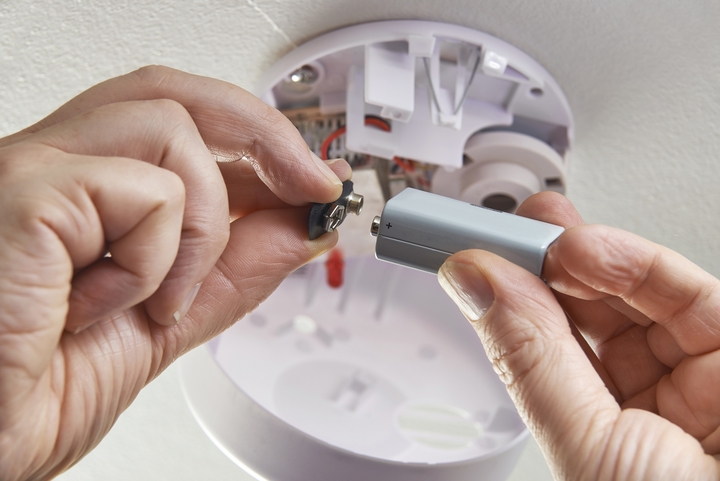
Your smoke detector needs power to keep you safe, and you can choose from three main types: ones that run on batteries, plug into your house’s wiring, or use both.
Battery-powered detectors are super easy to put up. You don’t need an electrician or any special tools. They’re perfect if you’re renting or need a quick fix. Remember to change the batteries when they get low, or your detector won’t work when needed.
If your house is newer, you might have detectors that connect to your home’s electrical wiring. These are great because you don’t have to worry about changing batteries as often. They usually come with a backup battery in case the power goes out.
The best of both worlds? Detectors that use both house power and batteries. They’re always on thanks to your home’s electricity, but they’ll still work during a blackout because of their backup batteries.
Characteristic: Interconnectivity
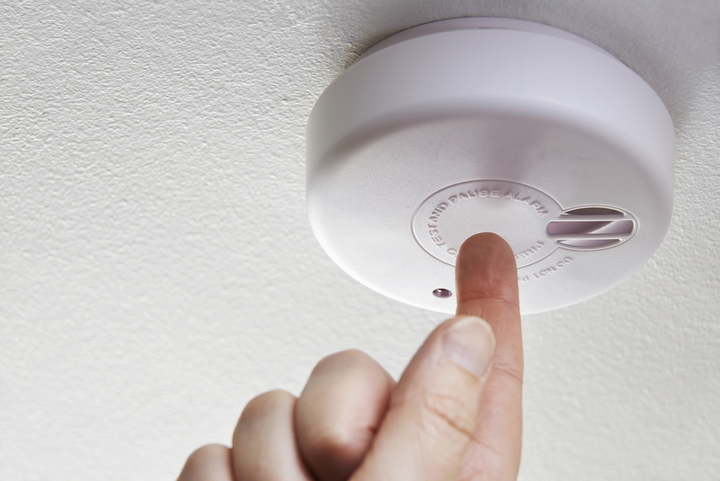
Interconnectivity is a standout feature in modern smoke detectors. When detectors are interconnected, triggering one alarm activates all alarms in the network. This is particularly useful in larger homes where a single alarm might not be heard throughout the house.
Interconnectivity can be achieved through wired systems or wireless technology. Wireless interconnected smoke detectors are easier to install and allow you to expand the system as needed. Some models even integrate with smart home systems, sending alerts to your phone or triggering other devices like smart lights for added visibility during an emergency.
Characteristic: Smart Features
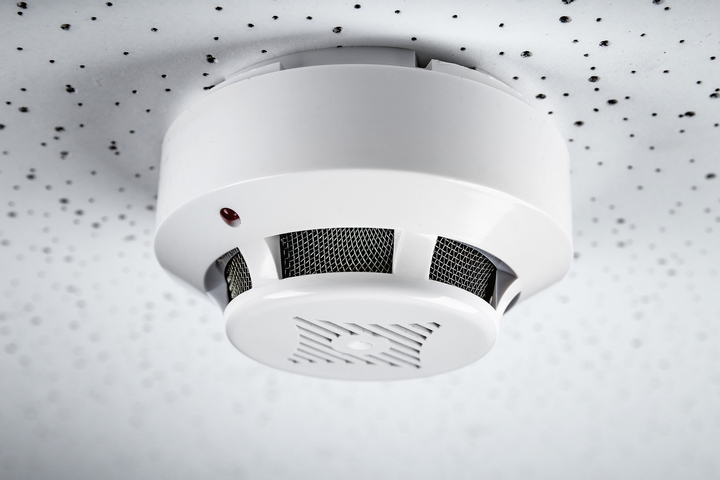
Smart smoke detectors do much more than just make noise when there’s smoke. They connect to your home’s internet and let you control them with your phone. You can get messages about what’s happening at home, they can test themselves, and you can check on them from anywhere.
Let’s say smoke starts while you’re out shopping – your detector will send a message straight to your phone so you can do something about it immediately. Some fancy ones, like Nest Protect, will tell you exactly where the problem is and what’s wrong, using a clear voice instead of just beeping.
These detectors work really well with other smart stuff in your house, too. If there’s a fire, they can tell your heating or cooling system to shut off, which helps keep smoke from spreading. If you’re considering upgrading your home safety, these smart detectors are worth looking at.
Characteristic: Longevity and Maintenance
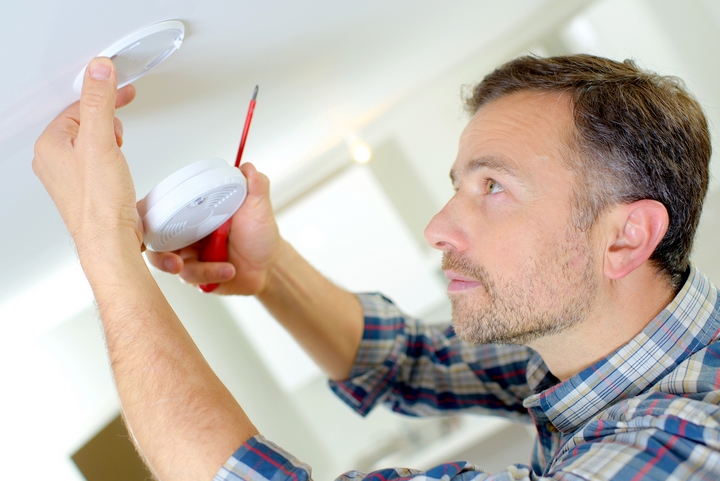
Your smoke detectors won’t last forever – they usually need replacing after 7 to 10 years, even if they seem to be working fine. These days, most detectors will tell you when they’re getting too old, so you don’t have to guess.
Taking care of your detector is also really important. The newer ones make this pretty easy. They can check themselves to make sure everything’s working properly. If you get a smart detector, it’ll do these checks on its own and send a message to your phone if something’s wrong.
The main thing to remember is that knowing these basic facts about smoke detectors helps you pick the right one for your home. This way, you can be sure your family stays safe.

